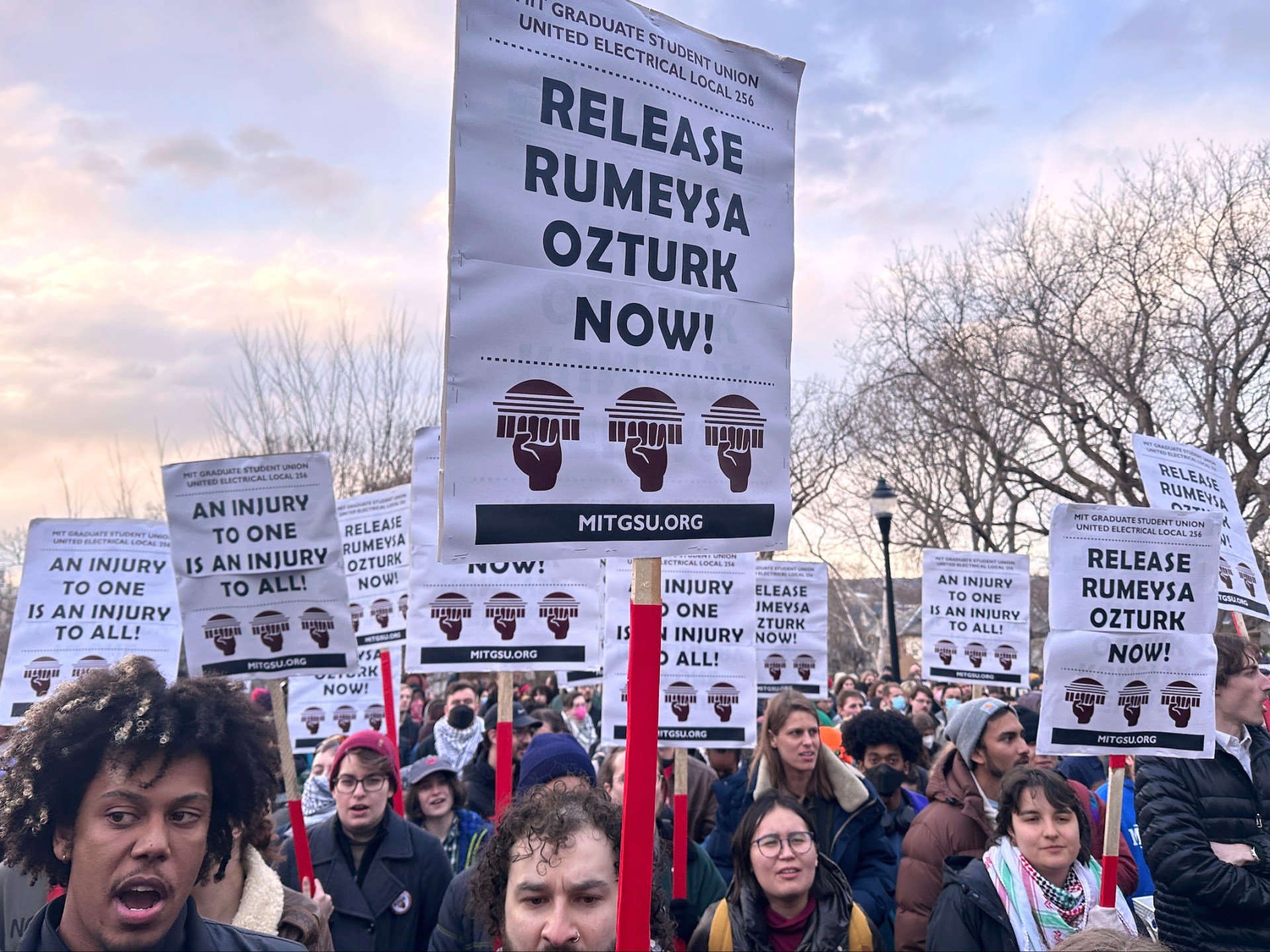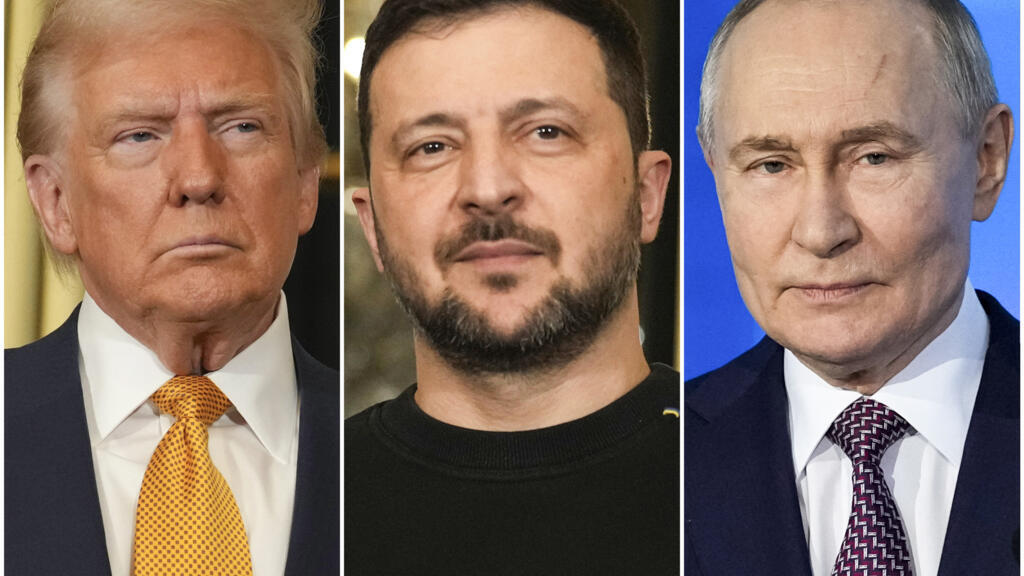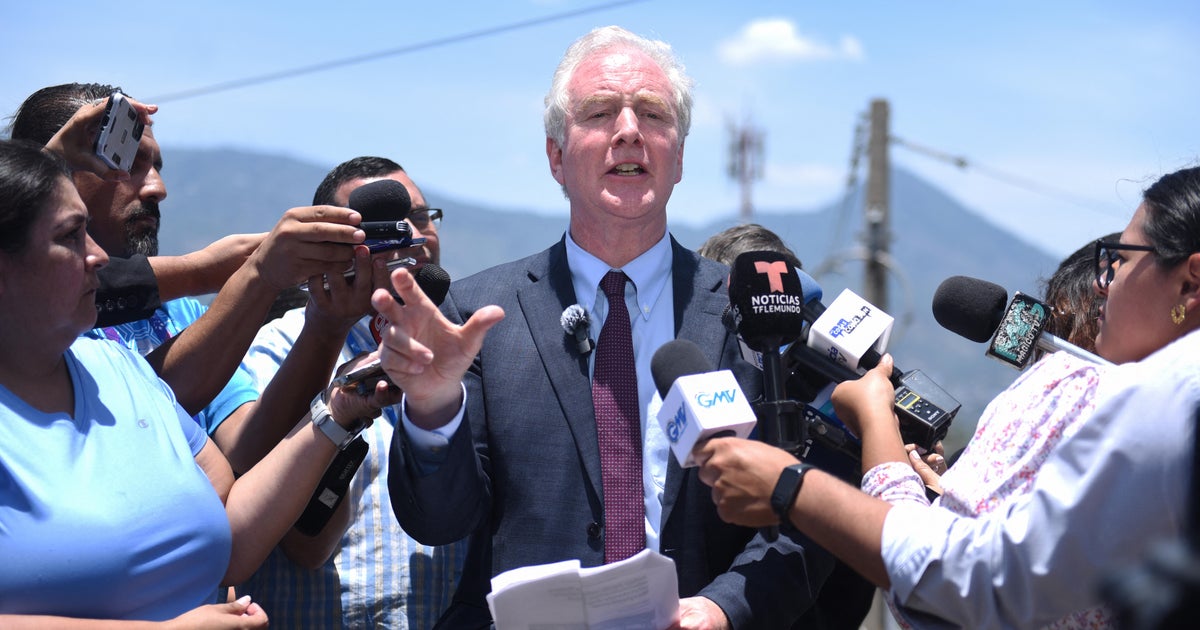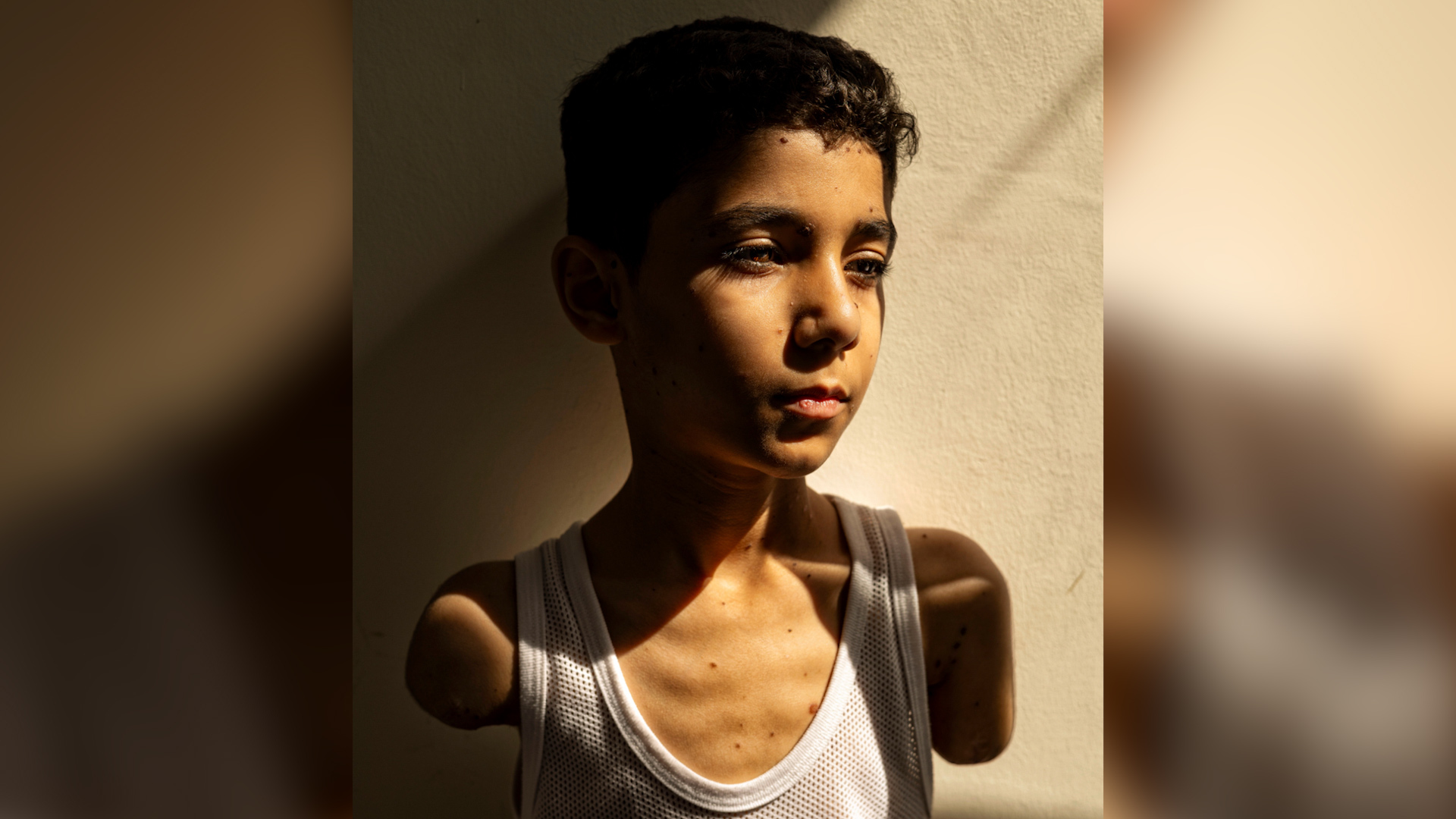Fifty years after Phnom Penh’s fall in Khmer Rouge’s rebel army, The events of April 17, 1975 Continue to launch a long shadow on Cambodia and its political system.
Blood spill and the chaos of the war spread to the neighboring Vietnam, Pol Pot’s radical peasant movement increased and defeated General Lon Nol’s regime.
The war culminated five decades ago on Thursday, with Pol Pot forces that dragged the capital of Cambodia and order more than two million people in the city in the countryside with little more than the belongings they could carry.
With abandoned Cambodian urban centers, the Khmer Rouge embarked on reconstructing the country since « zero year », transforming it into an agricultural and classless society.
In less than four years under the government of Pol Pot, between 1.5 and three million people died. They would almost erase the rich cultural history and religion of Cambodia.
Many Cambodians were brutally killed in Khmer Rouge’s « slaughter fields », but they died much more hunger, illness and exhaustion on collective farms to build rural utopia in the communist regime.
By the end of December 1978, Vietnam invaded with Cambodian defectsCoping the Khmer Rouge of the Power on January 7, 1979. It is from this point that the popular knowledge of the contemporary tragic history of Cambodia is usually finished, collecting in the mid -2000s with the beginning of the War Crime Court of the United Nations Penh, where the former regime leaders were tested.
However, for many Cambodians, instead of being relegated to history books, the Fall of Phnom Penh of 1975 and the collision of the Khmer Rouge in 1979 remain alive and well, embedded in the Cambodian political system.
This tumultuous Khmer Rouge period is still used to justify the long -term dominion of the Cambodian Popular Party (CPP) in different ways since 1979, and the personal government of the CPP leader Hun Sen and his family since 1985, according to analysts. It was the ARA aging of the CPP leadership who joined the Vietnamese forces to dismiss Pol Pot in 1979.
While the memories of these times fade, the CPP grip on power It is as firm as always in the decades since the late 70’s.
“The manufacture of a political system”
The governing CPP looks « themselves as the Salvador and the Guardian of the country, » said Aun Chhengor, a policy researcher in the future Phnom Penh Forum.
« It explains the creation of a political system as it is today, » he said, noting that the CPP has long been doing what it requires to « assure that it is still at the helm … at any cost. »
Most Cambodians have accepted a system where peace and stability matter above all.
« It seems that there is an unwritten social contract between the governing establishment and the population that, as long as the CPP provides relative peace and a stable economy, the population will leave governance and politics at the CPP, » said Aun Chhengor.
« The biggest picture is how the CPP is perceived and its historical role in modern Cambodia. It is not so different from the establishment of the Palau-militar in Thailand or the Vietnam Communist Party see their roles in their respective countries, » he said.

The CPP led a regime with Vietnamese support for a decade, from 1979 to 1989, carrying an order related to Cambodia after the Khmer Rouge, even when the fighting persisted in many parts of the country while Pol Pot fighters tried to reaffirm control.
With the support that decreases from the Soviet Union in the last days of the Cold War and a Vietnam exhausted economically and militarily withdrawing, with Cambodia, Hun Sen, by the country’s leader, agreed to hold elections as part of an agreement to end the civil war of his country. From 1991 to 1993, Cambodia was administered by the United Nations Transition Authority in Cambodia (UNTAC).
The Cambodian monarchy was formally established and elections were held for the first time in decades in 1993. The last soldiers of Khmer Rouge surrendered in 1999, symbolically closing a chapter on one of the bloodiest conflicts of the 20th century.
Despite an overflowing path, there was initial hopes for Cambodian democracy.
The Royalist National United Front for an independent, neutral, peaceful and cooperative Cambodia party, better known for its acronym Funcinpec, won the non -administered election in 1993. Faced with the defeat, the CPP refused to cede power.
The late King Norodom Sihanouk intervened to agree between the two parties that retained the hard peace and made the election a relative success. The international community breathed a sigh of relief, as the Untac in Cambodia had been the largest and most expensive at that time for the world body, and the United Nations Member States were desperate to declare their investment in the nation by rebuilding a success.
They are jointly under a power sharing agreement with CPP and Funcinpec Co-Prime Ministers, the unstable alliance of the former enemies held for four years until it ended in a quick and bloody blow by Hun Sen in 1997.
Muchua, an exiled opposition leader who now leads the non -profit Khmer movement for democracy, told Al Jazeera that the CPP resistance to a democratic power transfer in 1993 continues to reverberate today in Cambodia.
« The failure of the transfer of power in 1993 and the treatment made by the king at that time … It was a bad deal. And the UN went because the UN wanted to close the store, » he told the United States Jazeera, where he lives in exile after being forced to flee the intensifying CPP authoritarianism at home.
« The transition period, the transfer of power … which was the will of the people, never happened, » said Muchua.
The end of the war does not mean the beginning of peace
After the 1997 blow, the CPP did not approach power until 2013, when they were challenged by the popular Cambodian National Rescue Party (CNRP).
At the time of the next general election of 2018, the less independent courts of the CNRP were banned in politics and many of the opposition leaders were forced to flee the country or ended up in prison for politically motivated positions.
Not obstructed by a viable political challenger, Hun Sen’s CPP won all seats in the 2018 national elections and all five of the 125 parliamentary seats played during the last general election in 2023.

The CPP has also firmly aligned with China and closed the country’s free press, and civil society organizations fell silently.
After gaining 38 years in power, Hun Sen turned away as Prime Minister in 2023 to give way to his son Hun Manet, a sign that the CPP-led political machine has his eyes in the dynastic and multi-generational rule.
But new challenges have arisen in the decades of the relative prosperity of Cambodia, enormous inequality and de facto.
The Cambodia booming microcredit industry was intended to help raise the Cambodians of poverty, but the industry has loaded families with high levels of personal debt. An estimate placed more than $ 16 million in a country with a population of only 17.4 million and a gross domestic product (GDP) of $ 42 million by 2023, according to World Bank estimates.
Aun Chhengor told Al Jazeera that there are signs that the Government takes note of these emerging problems and demographic changes.
Hun Manet’s cabinet is changing towards « performance -based legitimacy » because they do not have the « political capital » once granted by the public to those who released the country from the Khmer Rouge.
« The proportion of the population reminiscent of the Khmer Rouge, or that has usable memories of that period, is being reduced year after year, » said Sebastian Strangio, author of Hun Sen’s Cambodia.
« I don’t think (the CPP’s legacy) is enough for the majority of the population born since the end of the Cold War, » Strangio said to Al Jazeera.
Now, there seems to be room for a limited amount of popular opposition, said the analyst Aun Chhengor.
In January, Cambodian farmers blocked a main road to protest the low prices of their property, which suggests that there may be a little space in the political system for localized dissent on community-based issues.
« (I) will be an upward struggle for political opposition to prosper, not to mention, being organized with each other, and, much less, to have the hope of winning a general election, » said Aun Chhengor.
« However, there is evidence that the CPP still believes somehow in the multiparty system and limited democracy in the way they can say when and how much democracy, » he added.
Speaking in the exile of the United States, Muchua had a greater view of the situation in Cambodia.
In the same month, farmers protest in Cambodia, a former member of the Cambodian opposition from Parliament was shot dead in a street light on the capital of Thailand, Bangkok.
The 74-year-old Lim Kimya’s shameless murder, a double Cambodian-French citizen, recalled memories of the chaotic political violence of the 1990’s and early 2000’s in Cambodia.
Peace and stability, Muchua said, only on the surface of Cambodia, where the waters still run deep.
« If politics and space for people to engage in politics is non -existent, what dominates is not peace, » he said.
« It is still the feeling of war, of insecurity, of the lack of freedom, » he told Al Jazeera.
« After the war, 50 years later, at least there is no blood spill, but that does not mean that there is peace. »












Leave a Reply